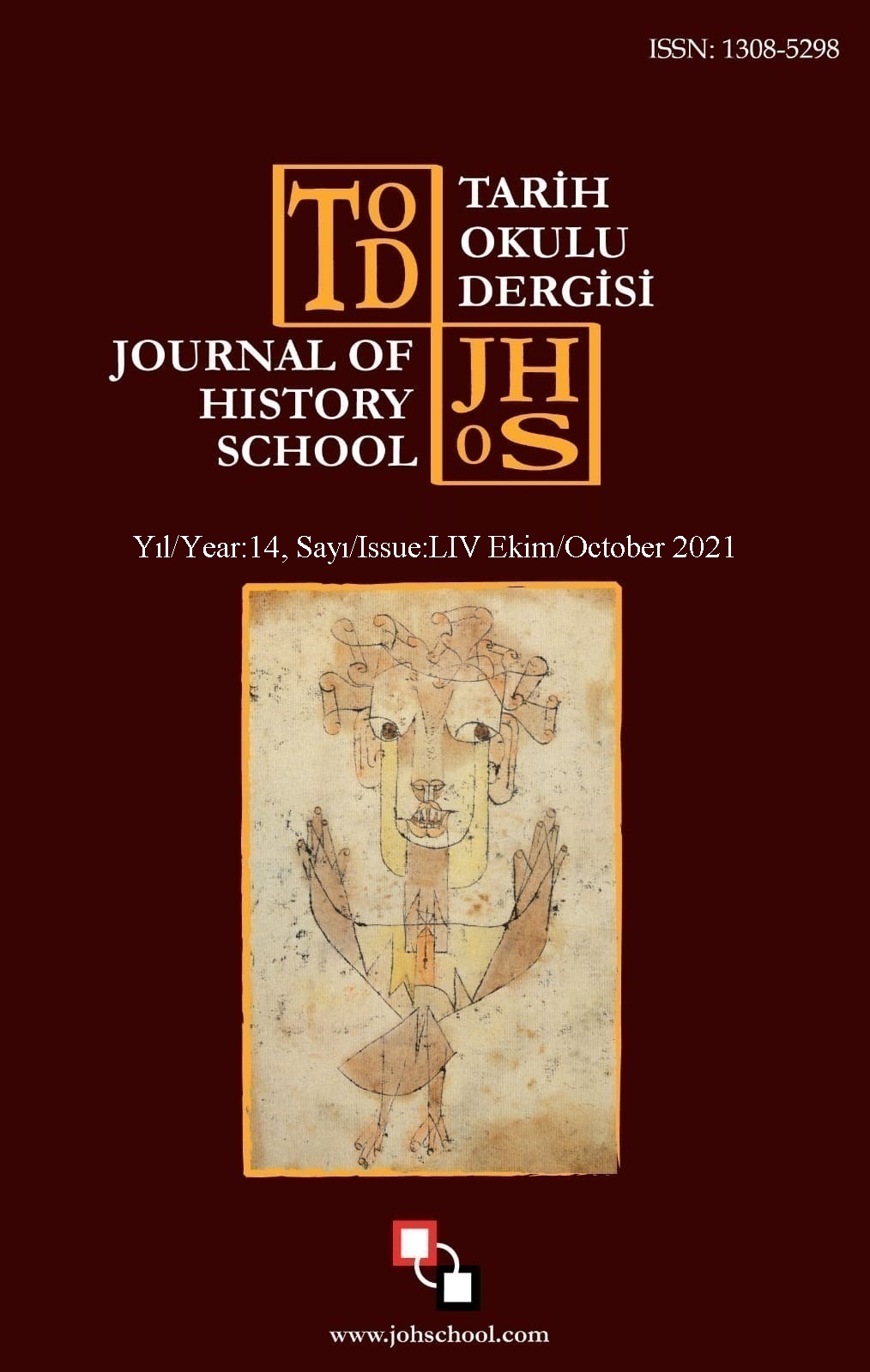Author :
Abstract
Soğuk Savaş dönemi Sovyetler Birliği’nin dağılması ile son bulmuş ve uluslararası sistemde önemli değişiklikler meydana gelmiştir. Bunlardan biri küreselleşme olgusunun çok daha fazla önem kazanmaya başlamış olmasıdır. Küreselleşme, bireyler ve bireylerin etkileşim halinde olduğu ekonomik, siyasi, sosyal, sağlık, kültürel birçok faktörün ulusal sınırları aşarak uluslararası bağlamda kendine yer edinmesi olarak tanımlanabilir. İçerisinde birçok faktörü barındırmakla beraber küreselleşme olgusu, literatürde genellikle ulus-devlet ve onun güvenlik anlayışına getirdiği yeni yaklaşımlar üzerinden ele alınmıştır. Devletler, güvenliği askeri alanda değerlendirirken özellikle küreselleşmenin önem kazanmasıyla beraber güvenliğin de artık çeşitli boyutlarının olduğuna dair söylemler geliştirilmiş ve Kopenhag Okulu ile beraber güvenliğin birçok alt başlığı içerisinde barındırdığı düşüncesi önem kazanmıştır. Bu bağlamda çalışmanın üzerinde durduğu COVID-19 salgını, ulusal güvenliğin geniş bir perspektifle değerlendirilmesi gerektiğini göstermiştir. Koronavirüsle beraber küreselleşmenin yalnızca ekonomik boyutunun değil, sağlık boyutunun da çok önemli olduğu anlaşılmıştır. Nitekim ilk olarak Çin’in Wuhan kentinde görülen koronavirüs, ilerleyen süreçte neredeyse bütün dünyayı etkisi altına alarak küresel bir boyuta ulaşmıştır. Salgının başında devletler kendi ulusal önlemlerinialmış olsalar dahi ilerleyen süreçte küresel salgınla mücadelenin de küresel olması gerektiği fikri ön plana çıkmıştır.
Keywords
Abstract
The Cold War period ended with the dissolution of the Soviet Union and important changes occurred in the international system. One of them is that thephenomenon of globalization has begun to gain much more importance. Globalization can be defined as individuals and many economic, political, social, health and cultural factors that they interact with, transcending national borders and gaining a place in the international context. Although it contains many factors, the phenomenon of globalization has generally been discussed in the literature through the nation-state and its new approaches to security. While states are evaluating security in the military field, especially with the increasing importance of globalization, discourses that security has various dimensions have been developed, and together with the Copenhagen School, the idea that security includes many sub-titles has gained importance. In this context, the COVID-19 epidemic, which the study focuses on, has shown that national security should be evaluated from a broad perspective. With the coronavirus, it has been understood that not only the economic dimension of globalization, but also the health dimension is very important. As a matter of fact, the coronavirus, which was first seen in Wuhan, China, has reached a global dimension by affecting almost the whole world in the following process. Even if the states took their own national measures at the beginning of the epidemic, the idea that the fight against the global epidemic should also be global has come to the fore.





